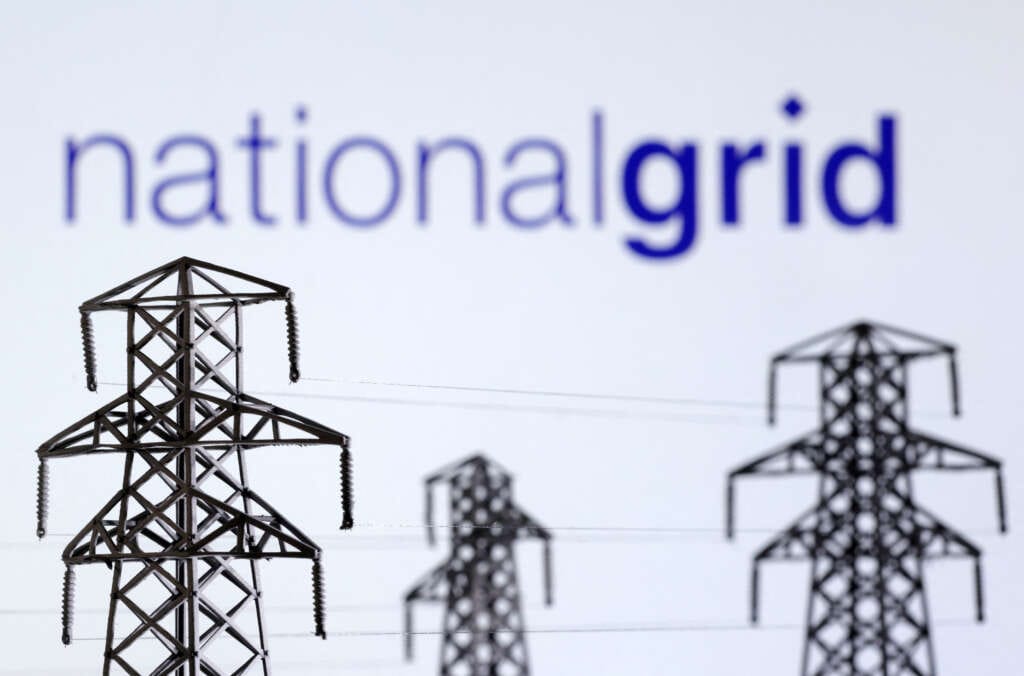
Britain’s National Grid expects to meet electricity demand this winter
By Marwa Rashad
LONDON (Reuters) -Britain’s National Grid expects to have enough capacity to meet demand for electricity this winter and will keep exploring additional options amid continued supply risks following Russia’s invasion of Ukraine, it said on Thursday.
Despite disruption to gas flows from Russia because of the war in Ukraine, Europe and Britain have ended the winter with a record volume of gas in storage, thanks to a mild winter, demand reduction and increased imports of liquefied natural gas (LNG).
This means less refilling will be needed ahead of next winter, with storage expected to be full by August/September.
In its early winter outlook, National Grid’s Electricity System Operator (ESO) projected a “base case” margin of 4.8 gigawatts, or around 8% of expected demand during a cold spell. That is slightly higher than the estimate this time last year, but broadly in line with margins in previous winters.
“We expect there to be sufficient operational surplus in our Base Case throughout winter,” ESO said in the report.
“In light of the continued risks and uncertainties relating to the Russian invasion of Ukraine the ESO continues to explore the potential availability of additional operational options,” it added.
Gas-fired power plants were responsible for more than 40% of Britain’s electricity production last year, while the fossil fuel is also used to heat around 80% of British homes.
In a separate report, Britain’s National Gas Transmission company said on Thursday its forecast for an 8% reduction in local distribution zone (LDZ) demand, which mostly reflects heating demand, due to high energy prices was not expected to change and was set to continue at similar levels to last winter.
It also said that total demand for power generation would continue to decrease slightly as more renewables come online.
Interconnector flows to Europe are expected to be higher than average, but less than last winter given there is likely to be additional LNG import capability in Europe.
High levels of LNG supply are expected to continue, enabling exports to continental Europe at times of low demand in Britain.
(Reporting by Marwa Rashad; Editing by Emelia Sithole-Matarise and Mark Potter)


